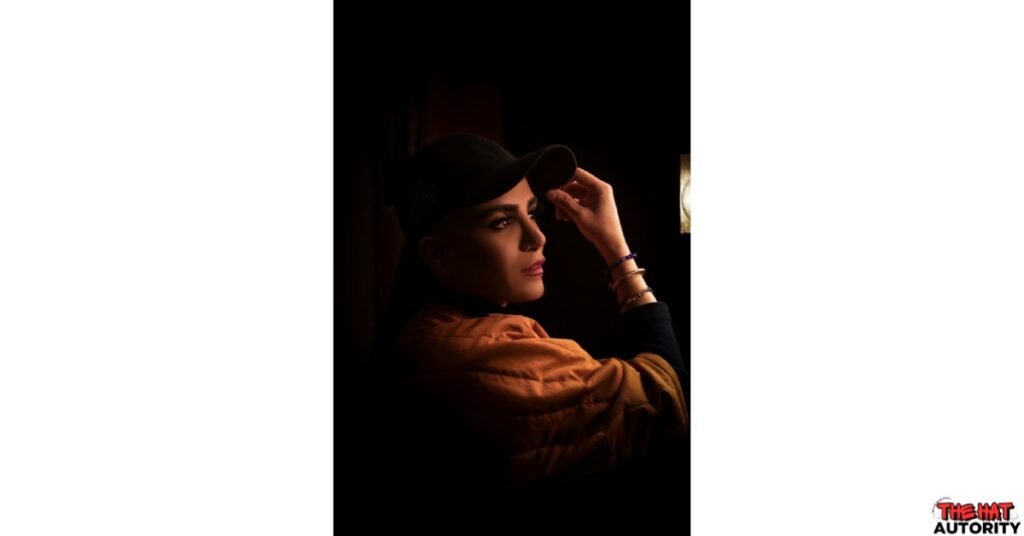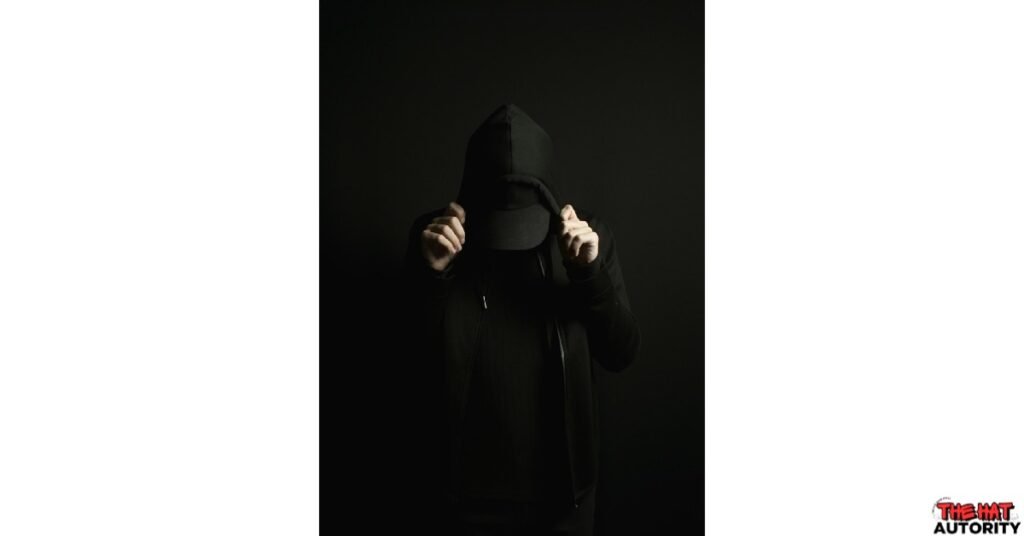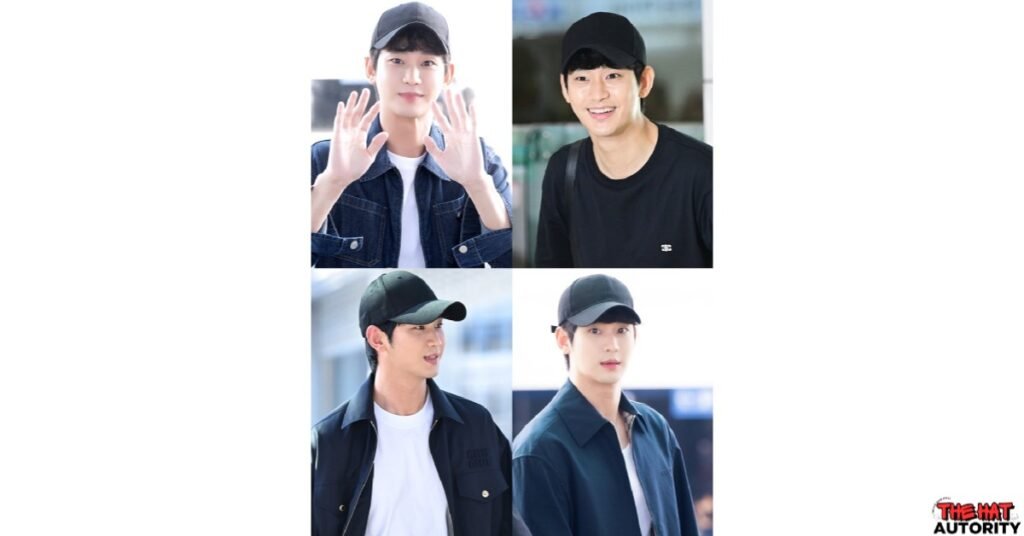Over the years, the humble black cap has become more than just an accessory—it’s a statement, a symbol, and sometimes even a mystery. Whether it’s topping off a street wear outfit, representing authority, or quietly speaking to tradition, wearing a black cap often carries deeper meaning than meets the eye. And that’s what we’re here to uncover.
You see, fashion has this funny way of blending identity with expression, and black caps sit right at the intersection of style and symbolism. From cultural roots to modern trends, they’ve held a place in history, sport, and even spirituality. But what does wearing a black cap really mean? Stick around, and we’ll explore every angle—from cultural interpretations to personal expressions and everything in between.
Historical and Cultural Roots of Black Caps
Black caps have a rich historical background, with meanings that vary across cultures and eras. In ancient times, headwear often denoted social status, and black was frequently associated with formality, authority, and respect. In medieval Europe, black caps were worn by scholars and judges, symbolizing wisdom and fairness. Similarly, black head coverings in various cultures represented humility or mourning, reflecting deeper emotional or spiritual significance.
Interestingly, black caps also made appearances in revolutions and protests, symbolizing rebellion and resistance. They often signified unity among groups seeking change. These layers of history have shaped modern interpretations, keeping the black cap relevant as both a practical item and a symbolic accessory.
Black Caps in Fashion and Modern Style Trends
Today, black caps have evolved into versatile fashion staples. They are often seen as edgy, stylish, and effortlessly cool. Celebrities and influencers frequently sport them, pushing their popularity in casual and streetwear trends. Whether paired with athleisure outfits or layered with urban-inspired attire, black caps have become icons of self-expression.
The appeal of black caps in fashion lies in their simplicity and adaptability. They fit seamlessly into minimalist styles while also complementing bold, statement outfits. Fashion enthusiasts appreciate their ability to transition between casual and formal looks, making them a go-to accessory for anyone aiming to blend comfort with style.

The Symbolism of Black Caps in Authority and Power
Black caps have long been associated with authority figures. From judges donning black caps as symbols of justice to military officers wearing dark headgear to denote rank, the color black conveys power and command. This symbolism reinforces a sense of respect and seriousness tied to the wearer.
In modern contexts, black caps are sometimes used to create an air of mystery or dominance. Leaders and influencers may wear them to exude confidence or establish a distinct identity. This subtle yet impactful visual cue highlights the black cap as more than just a fashion accessory—it’s a marker of status and influence.

Black Caps as a Representation of Mourning and Grief
Throughout history, black has been associated with mourning and solemnity. Wearing a black cap during funerals or remembrance ceremonies often symbolizes respect for the deceased and acknowledgment of loss. This practice is deeply rooted in cultural traditions across the world, where black attire serves as a visual expression of grief.
In modern times, wearing a black cap may still carry this somber association, particularly in formal or religious settings. It allows wearers to honor customs while maintaining a subdued and respectful appearance. This emotional resonance reinforces the black cap’s role as a meaningful and versatile symbol.
Religious and Ceremonial Significance of Black Headwear
Religious practices often incorporate black headwear to signify devotion, humility, and respect. In some traditions, black caps are worn during prayers, ceremonies, or rituals as a sign of reverence. For example, in Orthodox Judaism, black hats or caps symbolize dedication to faith and adherence to religious customs.
Beyond religious contexts, black headwear appears in ceremonies marking significant life events, such as weddings, funerals, and initiations. These symbolic uses highlight the cap’s role in conveying respect and spirituality, bridging cultural practices with personal expressions of belief.
Black Caps in Sports and Team Identity
Sports teams often use black caps as part of their uniforms, representing strength, unity, and determination. Baseball teams, for instance, frequently wear black caps to create a bold, authoritative presence on the field. These caps symbolize competitiveness and team pride, making them integral to sports culture.
Fans, too, adopt black caps as a way to show loyalty and support for their teams. Wearing team merchandise, including black caps, fosters a sense of belonging and identity among supporters. This connection between fashion and fandom highlights how black caps bridge personal style and collective spirit.

Urban Streetwear and the Evolution of Black Cap Trends
Black caps have carved out a prominent place in urban streetwear. From hip-hop culture to skateboarding scenes, these caps symbolize rebellion, confidence, and creativity. They often serve as blank canvases for logos, slogans, or artwork, making them customizable pieces of self-expression.
In urban fashion, black caps represent authenticity and individuality. Their understated color allows for bold designs without overwhelming the look, making them staples in streetwear wardrobes. This adaptability keeps black caps at the forefront of modern trends, appealing to both trendsetters and casual wearers.
Psychological Interpretations of Wearing Black Accessories
Psychologists suggest that wearing black can project confidence, sophistication, and mystery. Black accessories, including caps, often reflect a preference for elegance and simplicity. People who choose black may be seen as authoritative or independent, using color to make subtle yet impactful statements.
On a deeper level, black can also convey protection and privacy. Wearing a black cap may serve as a symbolic shield, allowing the wearer to feel grounded and self-assured. This psychological dimension adds another layer to the appeal of black caps, blending fashion with meaning.
Black Caps in Media, Pop Culture, and Symbolic Messaging
Black caps frequently appear in media and pop culture, representing different archetypes and narratives. From movie villains and mysterious characters to musicians and influencers, these caps often symbolize rebellion, anonymity, or power.
Their versatility makes them ideal for storytelling, whether as symbols of authority, mischief, or nonconformity. Music videos, films, and advertisements often use black caps to highlight mood and attitude, embedding cultural messages into visual media.

Personal Identity and Self-Expression Through Black Caps
For many, black caps are more than just accessories—they are tools for self-expression. Whether customized with embroidery, patches, or logos, these caps allow wearers to showcase their personalities and affiliations.
Black caps also provide flexibility for experimenting with different looks. From casual outfits to bold ensembles, they adapt to diverse styles, making them popular among those who value creativity and identity. Ultimately, black caps serve as canvases for storytelling, reflecting individual journeys and cultural influences.
Conclusion
The black cap is far more than a simple fashion accessory. Its meanings stretch across history, culture, and psychology—representing authority, mourning, devotion, rebellion, and self-expression. Whether worn for practical purposes, cultural traditions, or personal style, the black cap continues to hold significance in diverse contexts.
As we’ve explored, its symbolism ranges from respect and power to individuality and creativity. So, the next time you put on a black cap, remember the layers of meaning it carries. What does it mean to you? Share your thoughts in the comments below and join the conversation!
